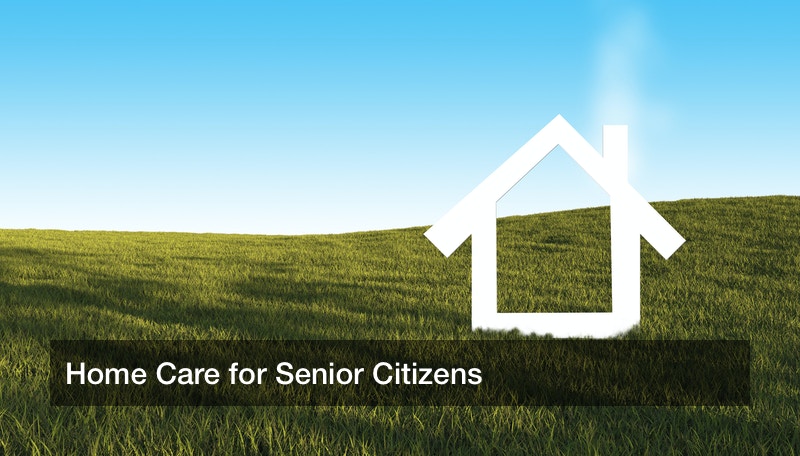
In the developed world, from North America to Europe to Japan and South Korea, the population of senior citizens (those aged 65) and over is growing. All of these elderly citizens are going to need care, and this calls for robust home care systems, retirement homes, retirement communities, nurses, and the like. When it comes to home health care, a senior citizen may enjoy continuing to live in their residence while they also get the level of medical care that they need. This scenario of home health aide will look different for every client, but overall, this may prove a fine option for seniors who need some help but don’t want to and/or don’t need to move into retirement homes. A home healthcare agency may be contacted and hired by the senior citizen’s family on behalf, and even the senior citizen’s younger family members can provide home care too. What is there to know about the demographics of the elderly, and what does proper home care look like?
Americans and Age
Growing older is a natural part of life, and today’s high living standards mean that many more people, especially women, are living into their 80s and beyond. The CDC says that most Americans who reach age 80 are likely to live another eight to 10 years on average, and leading a healthy, happy life can help make this possible. It is confirmed that having a strong, happy social life and avoiding harmful substance use can go a long way toward living a long and fulfilling life, not to mention exercise and a good diet. As of 2014, around 15% of all Americans were 65 years old and over, and this percentage is due to keep growing in the decades to come. Similar trend are being observed in Europe and other advanced parts of the world, with Japan leading the way. That nation’s life expectancy is the world’s highest, and in the coming decades, as many as 25% of all Japanese people may be aged 65 and over. This trend might not be quite so acute in the United States, but Americans might not fall far behind.
What does a senior’s lifestyle look like? Some are still working into their 60s or 70s, sometimes out of need, sometimes for personal enrichment, and that work may be full-time or part-time. Some retirees are performing volunteer work. As for where to live, this may depend on a senior’s level of healthcare needs and their lifestyles. Those with serious medical needs are best off in retirement homes, where they get 24/7 access to on-hand medical personnel. Those with lesser needs may enjoy home care services in their own residences, and seniors with minimal to no healthcare needs may live in retirement communities. Properties in those communities are available only to buyers aged 55 and over.
Home Care Done Right
When a senior lives at home but needs some assistance, they can call upon home health care services, which may include nurses who visit to deliver medicine and perform regular checkups on the patient for blood pressure, heart rate, and anything else that must be measured. As for everyday support, both home care professionals and dedicated family members can provide for the client in all sorts of ways. A senior with limited mobility can have all their bedroom furniture and items moved downstairs, so they don’t have to climb up and down stairs to sleep. If the patient has dementia, such as Alzheimer’s, it is best to clear away all tripping hazards, such as power cords or rugs. Sharp and flame-producing items should be locked away, and the furniture should be arranged in a practical pattern and kept consistent. Regular companionship and performing mental exercises, like jigsaw puzzles, are fine ways to help slow down dementia’s ill effects.
On top of that, basic house keeping can be done, anything from vacuuming rugs to taking care of pets or a home garden to doing the dishes or repainting the walls. If the senior patient returned from a hospital and has low energy or mobility, home care providers can prepare multiple meals and put them in the freezer, and the senior can warm them up and eat with with minimal effort.


